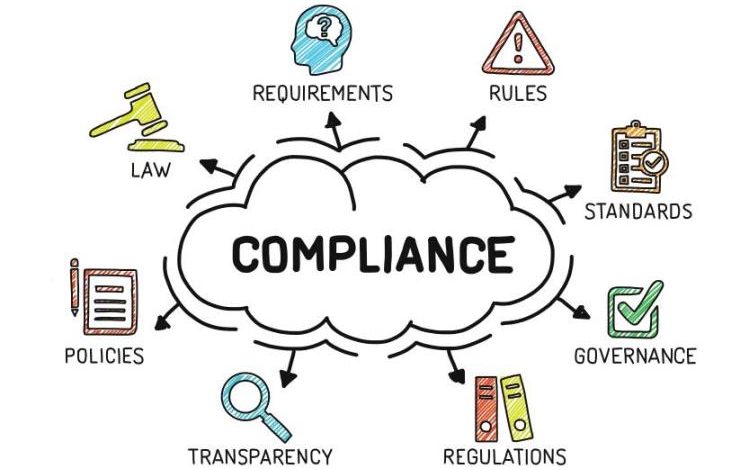The Importance of Compliance Programs in the Healthcare Industry

The Importance of Compliance Programs in the Healthcare Industry
Why Compliance Programs are Essential in the Healthcare Industry
In the rapidly evolving healthcare landscape, compliance programs are becoming increasingly crucial for healthcare providers, payers, and other industry stakeholders. These programs not only ensure adherence to legal guidelines and regulations but also promote ethical and responsible practices. Let’s explore the importance of compliance programs in the healthcare industry in more detail:
1. Legal Compliance
Compliance programs help healthcare organizations meet legal requirements set by various regulatory bodies, such as the Health Insurance Portability and Accountability Act (HIPAA), the Affordable Care Act (ACA), and the Centers for Medicare & Medicaid Services (CMS). By adhering to these regulations, healthcare providers can avoid penalties, lawsuits, and reputation damage.
2. Protecting Patient Privacy and Data Security
In an era marked by increased data breaches and privacy concerns, compliance programs play a vital role in protecting patient privacy and maintaining data security. These programs establish safeguards and protocols that ensure the confidentiality and integrity of patient information, preventing unauthorized access or disclosure.
3. Preventing Fraud and Abuse
One of the primary purposes of compliance programs is to identify and prevent fraudulent activities. These programs establish clear policies and procedures that mitigate the risk of fraud and abuse, such as fraudulent billing, kickbacks, and unnecessary medical procedures. Implementing robust internal controls and regularly auditing processes can help detect and prevent potential fraudulent activities.
4. Ethical and Responsible Practices
Compliance programs encourage healthcare organizations to adopt ethical and responsible practices. They establish guidelines for interactions with healthcare professionals, suppliers, and patients, ensuring transparency, fairness, and integrity. By following a strong compliance program, healthcare organizations can foster a positive culture and build trust within the industry and among patients.
Frequently Asked Questions (FAQs)
Q: Who needs to implement a compliance program in the healthcare industry?
H3>
A: All healthcare providers, including hospitals, clinics, and individual practitioners, should implement compliance programs to ensure adherence to legal regulations and promote ethical practices.
Q: What are the consequences of non-compliance in the healthcare industry?
A: Non-compliance can have severe consequences for healthcare organizations, including hefty fines, loss of reputation, legal action, exclusion from government programs, and even imprisonment for individuals involved in fraudulent activities.
Q: How often should a compliance program be reviewed and updated?
A: Compliance programs should be reviewed and updated regularly to keep up with changing regulations, industry best practices, and emerging risks. It is recommended to conduct annual reviews and make necessary adjustments as needed.
Q: What are the key components of an effective compliance program?
A: An effective compliance program should include written policies and procedures, designated compliance officers, regular training and education, internal and external auditing, open lines of communication for reporting concerns, and a system for enforcing disciplinary actions for non-compliance.
Conclusion
Compliance programs are not only mandatory in the healthcare industry but are also integral to maintaining patient privacy, preventing fraud, and promoting ethical practices. By implementing robust compliance programs, healthcare organizations can safeguard their reputation, protect patient information, and enhance the overall quality of care. It is vital for stakeholders in the healthcare industry to prioritize compliance programs and regularly evaluate and update them to keep pace with the evolving regulatory landscape.



